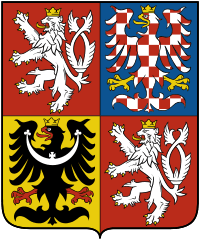Kamas te phirel andre school bije dar or We want to go to school without worries

Published
Updated 2-5-2022
- Information update
| Region | Pardubice Region |
|---|---|
| Title of the Programme | Human Rights |
| Title of the Project | Kamas te phirel andre school bije dar or We want to go to school without worries |
| Number of the Project | LP-HROVA2-006 |
| Project Promoter | Chance for You |
| Project Partner from Donor State | N/A |
| Czech Partner | Kindergarten Pod Smrkem, Vysoké Mýto |
| Status | Estimated project duration: 1. 2. 2022–30. 4. 2024 |
| More Information | Target group: General public Website: http://www.sance.chrudim.cz/english-364/
|
| Total Eligible Costs | 244 630 € |
| Grant | 244 630 € (100 %) |
Summary:
The project aims to facilitate children from the Roma minority to enter the first grade of elementary school and to help with their school work. For each locality, the position of a pedagogue and a local advisor will be established. They will implement the key activities and cooperate with other representatives.
The project is focused on children aged from 3 to 15 (the majority of the target group is Roma children) in the localities of the Pardubice region). The project responds to a situation where we still have children who don´t have access to preschool education and thus there are significant differences in entering primary education (analysis of the current situation).
The project will be implemented in a partnership with kindergartens and primary schools in Chrudim, Hrochův Týnec (Čankovice) and Vysoké Mýto. Cooperation with these partners will remove barriers between children and their parents on the one hand and teachers on the other.
The project would like to achieve that parents of children living in socially excluded localities, would be able to be partners in the process of educating their children, understanding, and being aware of the value of education.

